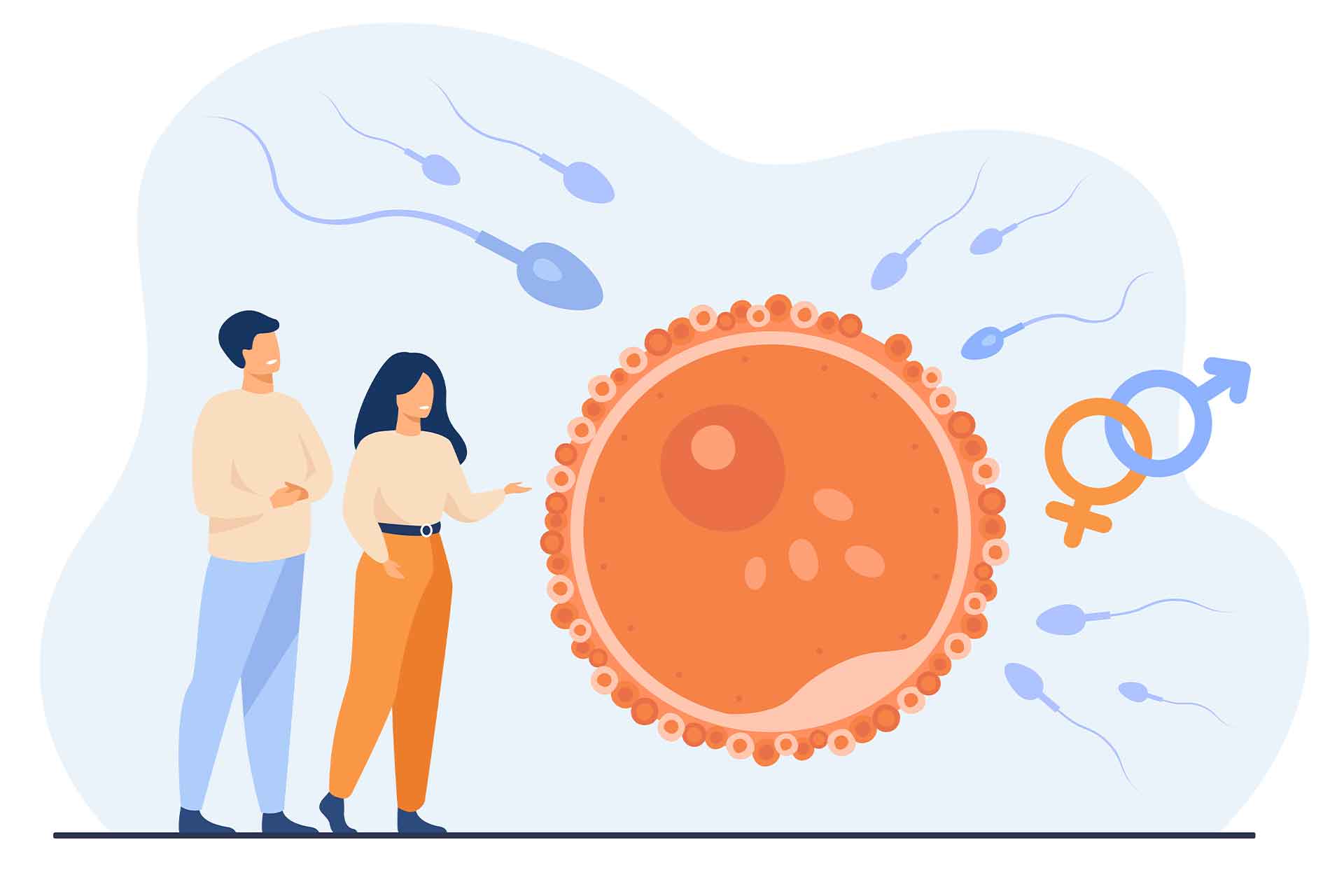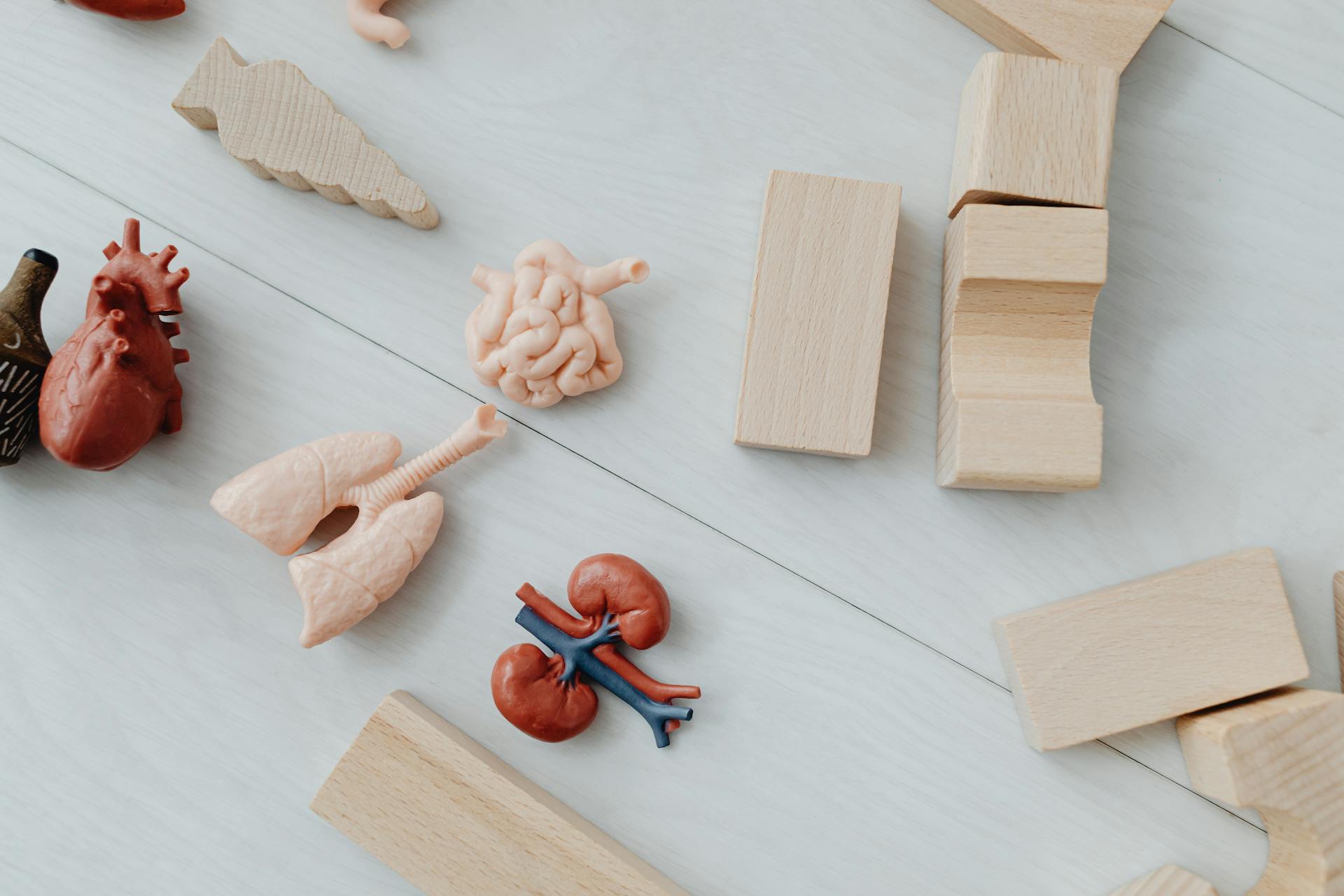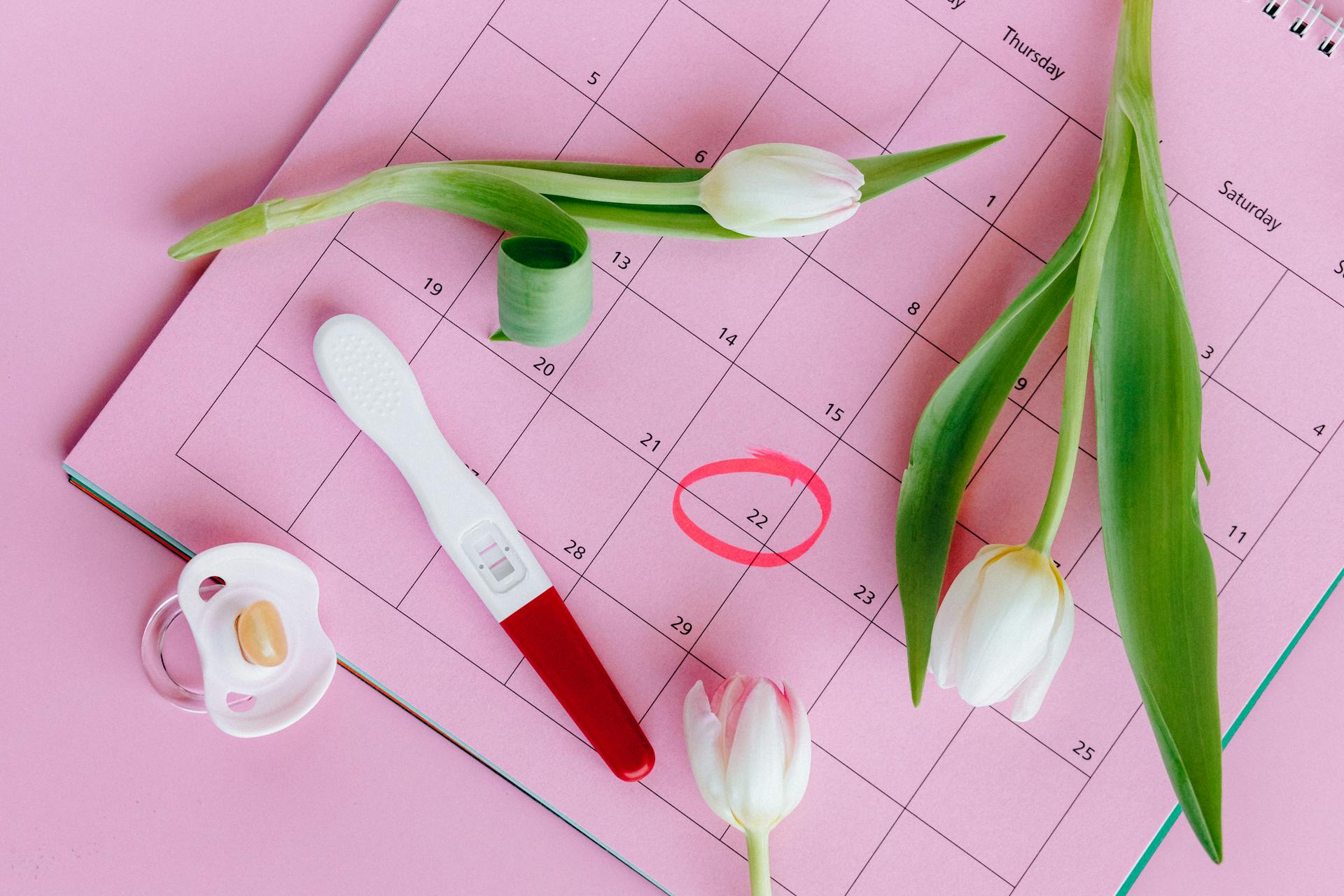Kidney stones are a common yet painful urological condition affecting millions of people each year. Though small in size, these stones can cause significant discomfort and lead to serious complications if left untreated. At Mir Institute of Fertility & Urology, we’re committed to helping patients understand, manage, and prevent kidney stones through expert diagnosis and advanced treatment solutions.
What Are Kidney Stones?
Kidney stones are hard deposits made of minerals and salts that form inside the kidneys. These stones can vary in size—from as small as a grain of sand to as large as a golf ball—and can move into the urinary tract, causing pain and blockage.
Common Symptoms of Kidney Stones
While some kidney stones may pass without any symptoms, larger stones often present noticeable signs, including:
- Severe pain in the back, side, or lower abdomen
- Pain during urination
- Blood in the urine
- Frequent urge to urinate
- Nausea or vomiting
- Cloudy or foul-smelling urine
If you experience any of these symptoms, it’s important to seek medical attention immediately.
What Causes Kidney Stones?
Several factors can contribute to the formation of kidney stones, including:
- Dehydration: Not drinking enough water can lead to concentrated urine, which promotes stone formation.
- Diet: High intake of salt, sugar, and animal protein can increase the risk.
- Medical Conditions: Conditions such as urinary tract infections, obesity, and certain metabolic disorders can increase susceptibility.
- Genetics: A family history of kidney stones may make you more likely to develop them.
Treatment Options at Mir Institute
At Mir Institute of Fertility & Urology, we offer a range of effective treatment options depending on the size, location, and composition of the kidney stones:
- Medication: Small stones can often be treated with pain relievers and medications that help relax the ureter, allowing the stone to pass more easily.
- Hydration Therapy: Increasing fluid intake can help flush out small stones naturally through urine.
- Extracorporeal Shock Wave Lithotripsy (ESWL): A non-invasive procedure that uses shock waves to break larger stones into smaller pieces that can be passed easily.
- Ureteroscopy: A minimally invasive technique that involves using a thin scope to locate and remove or break up stones.
- Surgery: In rare cases, surgical procedures may be necessary for very large or complex stones.
Preventing Kidney Stones
Prevention is key when it comes to managing kidney stone risk. Here are some basic tips:
- Drink plenty of water throughout the day
- Limit salt, sugar, and high-oxalate foods
- Maintain a healthy weight
- Follow a balanced diet rich in fruits and vegetables
- Avoid excessive consumption of animal protein
Our team can also provide personalized dietary and lifestyle recommendations based on your health profile.



